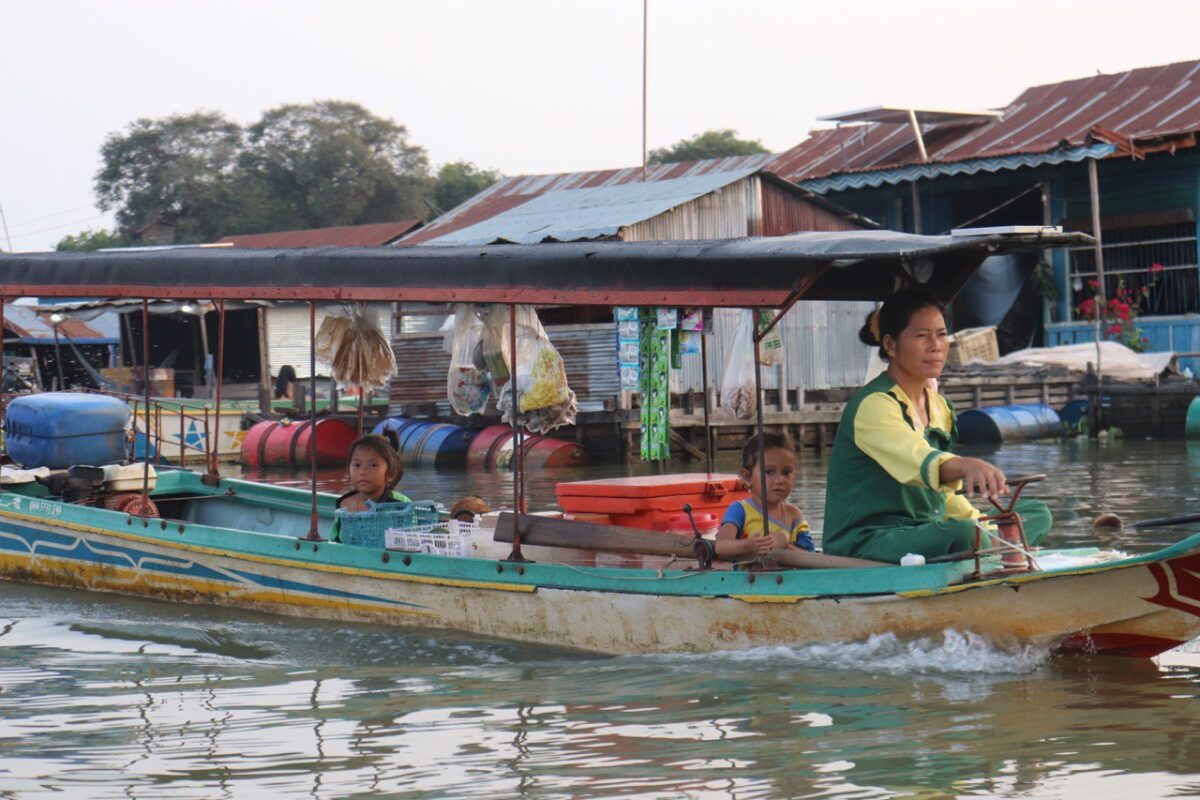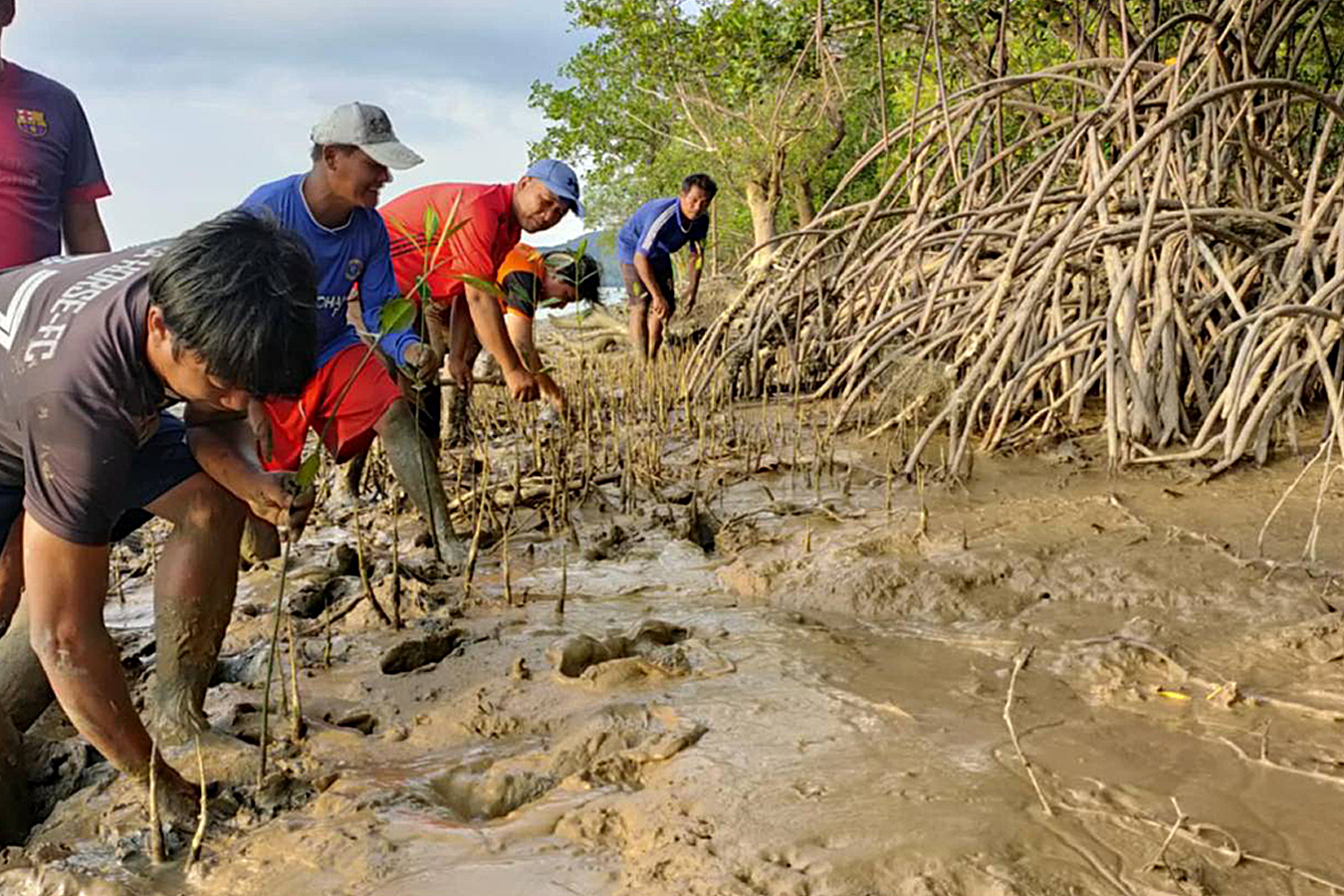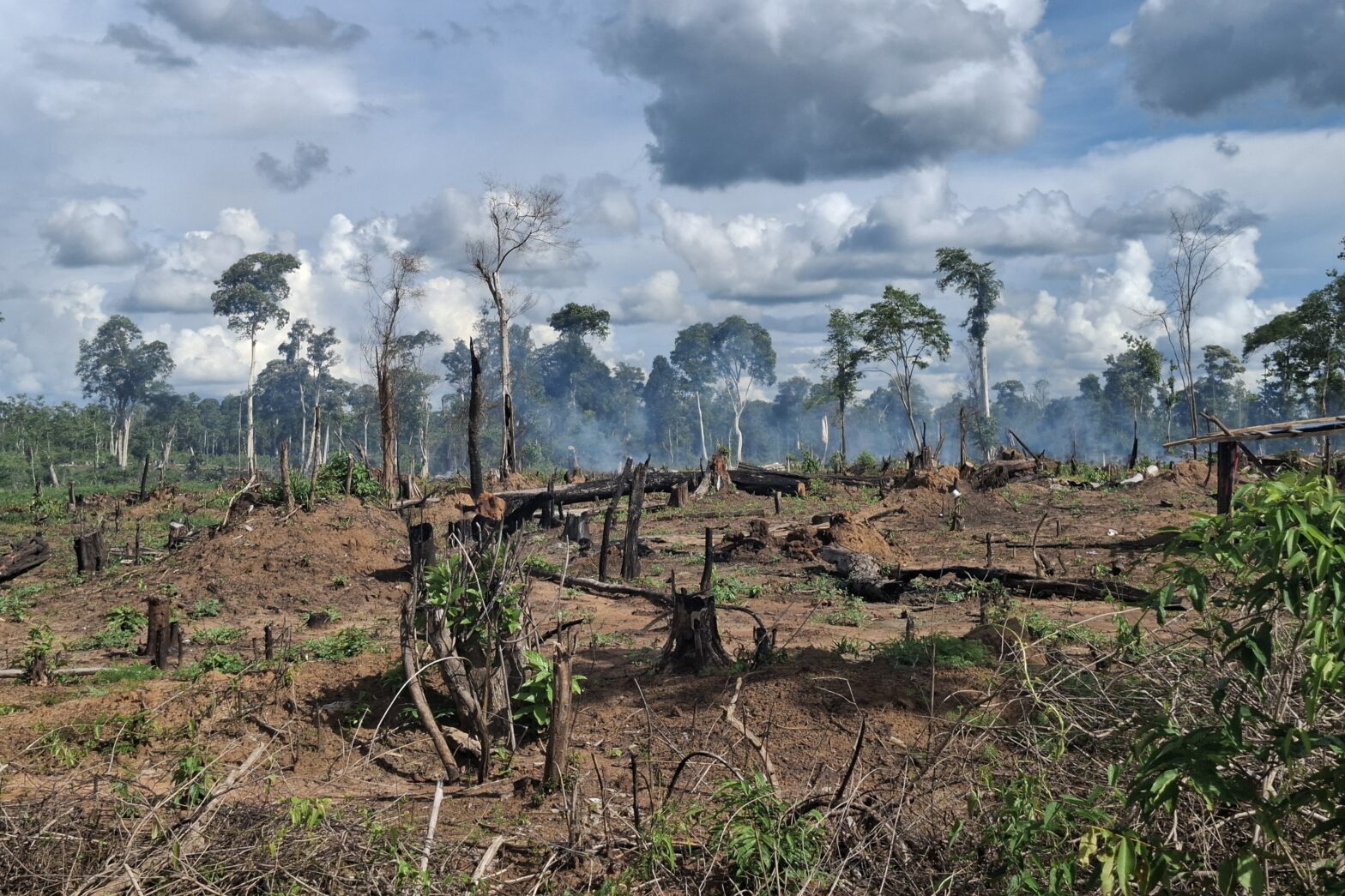Climate change has significantly impacted Cambodian women, especially those in rural areas who rely heavily on agriculture and natural resources for their livelihoods and socio-economic status.
This reliance makes them particularly vulnerable to climate impacts, such as floods, droughts and extreme weather events.
Recognizing the adverse effects of climate change on women, the Royal Government of Cambodia has developed and implemented various strategies and plans to address these issues.
Among these is the Ministry of Women’s Affairs’ (MoWA) Gender and Climate Change Action Plan (GCCAP) 2014–2018, which focuses on addressing the needs of women and vulnerable groups, including children and the elderly, in coping with climate impacts.
In 2018, the MoWA and the Ministry of Environment collaborated to develop a long-term Master Plan on Gender and Climate Change 2018–2030. This plan aims to promote gender equality and empower women in climate change mitigation and adaptation efforts.
Cambodian government officials have consistently praised women, often referring to them in the media as “the backbone” of the country’s economy.
Recent plans and strategies have been launched to further empower women, including the Pentagonal Strategy Phase I. Khuon Sudary, the first woman appointed as President of the National Assembly, cited Prime Minister Hun Manet’s support for this strategy, which aims to promote gender equality.
On March 8, the MoWA launched its latest Five-Year Master Plan for Gender Equality and the Empowerment of Women, known as Neary Rattanak VI (2024–2028).
This plan aims to mainstream gender in development policies and programs, with the primary goal of increasing opportunities for women’s participation in decision-making at all levels, including recruiting more female civil servants and elected leaders.
However, despite these progressive strategies on paper, the reality is different. There remains a significant gap in implementation due to women’s limited roles in the political sphere.
Achieving gender equality in climate policy requires institutional change, meaning the Cambodian government must involve more women in decision-making bodies.
Low women’s participation in politics
The Global Gender Gap Report, released by the World Economic Forum last year, ranked Cambodia 92nd among 146 countries in terms of progress in closing the gender gap. This was an improvement from 2022, when Cambodia was ranked 98th.
This upward movement indicates that Cambodian women have gained more opportunities in society, with many attaining higher education and securing decent-income jobs.
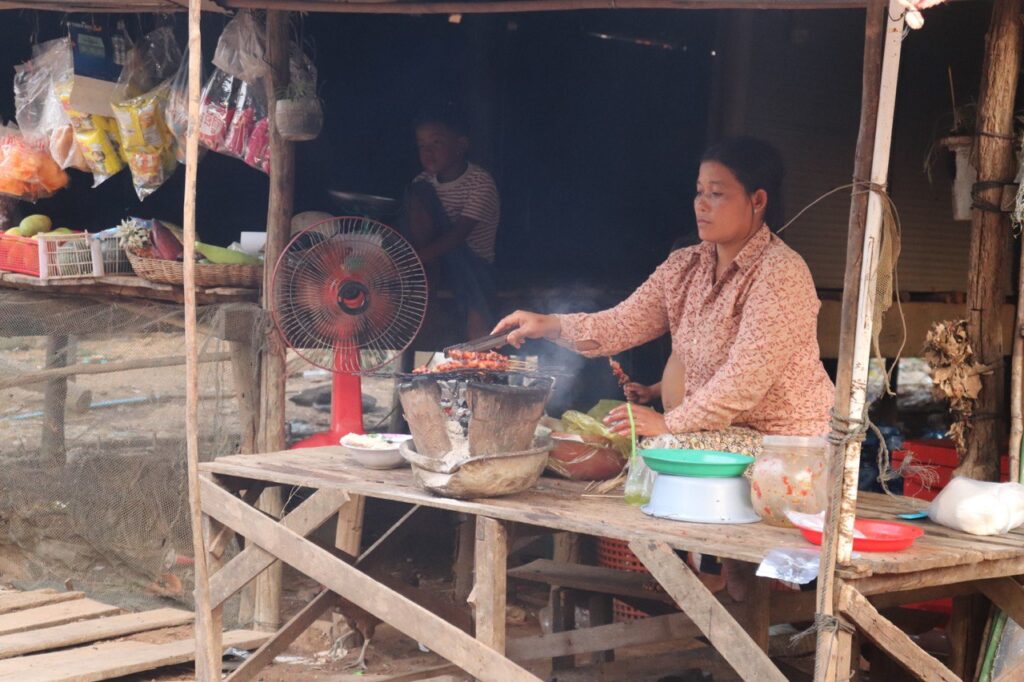
However, challenges persist in their ability to influence the decision-making process. Women continue to be under-represented in senior and executive positions across various sectors, particularly in political parties and government offices.
A report published by the National Assembly in 2020 highlighted an increase in the number of female lawmakers, from seven in 1993 to 26 in 2018. However, the recent election in July 2023 showed a regression in this progress.
The Cambodian People’s Party (CPP) won nearly all the seats in the absence of the now-defunct opposition Cambodian National Rescue Party, with women representing only 16 from a total of 125 seats, according to Kamnotra, a data analysis platform in Cambodia.
Despite Khuon Sudary’s appointment as President of the National Assembly, this does not indicate a significant role for women in influencing lawmakers.
Kamnotra’s data analyzed the gender of 1,422 state secretaries and undersecretaries across 29 ministries and found about 49% were men. Only 15% of the country’s top ministry officials are women. Of the 54 cabinet ministers, only three are women.
The Ministry of Environment has only 12.2% of women in executive positions, despite its responsibility for addressing the impact of climate change on women and marginalized groups.
Women hold only 12.5% and 18.8% of high-level positions in the Ministry of Water Resources and the Ministry of Mines and Energy, respectively. These ministries play crucial roles in women’s livelihoods, particularly given their responsibility for household food and water security, which can be affected by unsustainable development and water management.
The MoWA has the highest percentage of women in management positions, with 93% of senior officials being women.
Kamnotra also analyzed the gender composition of candidates in 18 parties which participated in the latest election, revealing that most had fewer than 25% women candidates.
A few parties, such as the Women for Women Party and the Khmer United Party, achieved a gender balance, with 53% and 63% of their candidates being women, respectively.
The absence of women’s voices in the political arena perpetuates gender inequality, leading the government to overlook critical issues faced by women and hindering the potential for inclusive solutions.
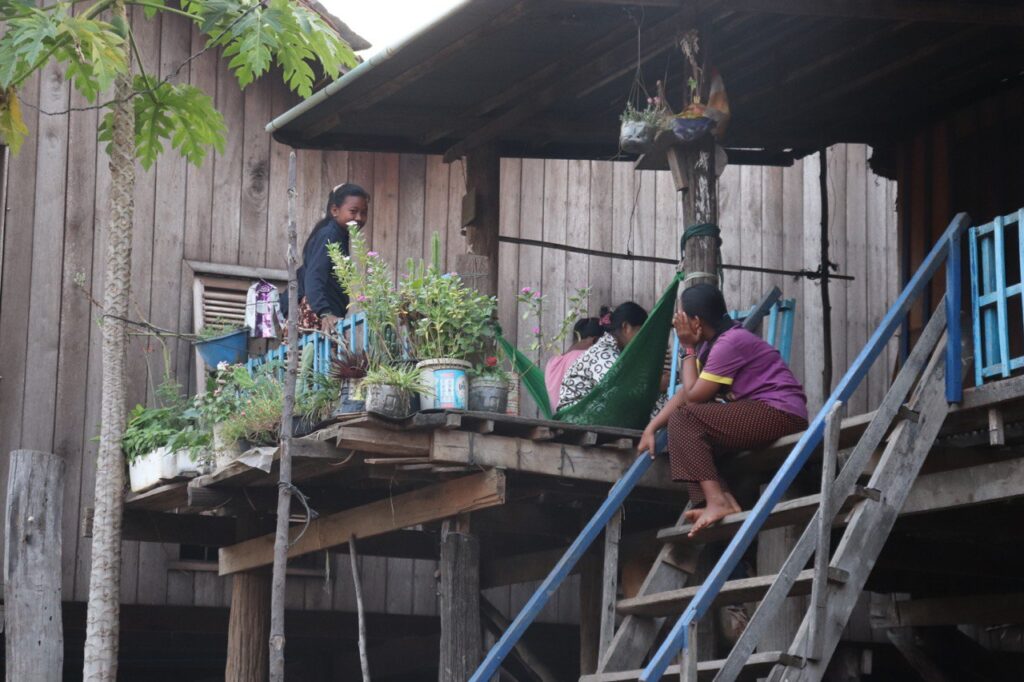
Leave no one behind
With the limited presence of women leaders, the Ministry of Environment has been working with the National Council for Sustainable Development (NCSD) to address issues related to climate change.
The NCSD plays a crucial role in integrating climate action plans and sustainable development approaches into relevant policies, strategic plans and legal frameworks.
However, it is uncertain whether women’s issues will be prioritized, as no woman is included in the 12 members of the NCSD executive committee. Only two women are present among the 39 members of the NCSD committee – one from the Ministry of Women Affairs and another from the Ministry of Inspection.
This reality contradicts the goals of action plans and strategies aimed at mainstreaming gender at the climate policy level.
For Cambodia to achieve gender equality, the government must move beyond promises on paper and take concrete action.
Prime Minister Hun Manet should accelerate efforts to promote women’s roles in decision-making and eliminate institutional barriers that prevent women from advancing in the political arena.
The principle of “Leave no one behind” must be central to the Cambodian government’s approach.
Only by actively involving women in policymaking can the gender mainstreaming policy truly take effect, as women understand their needs and can provide effective climate solutions.


